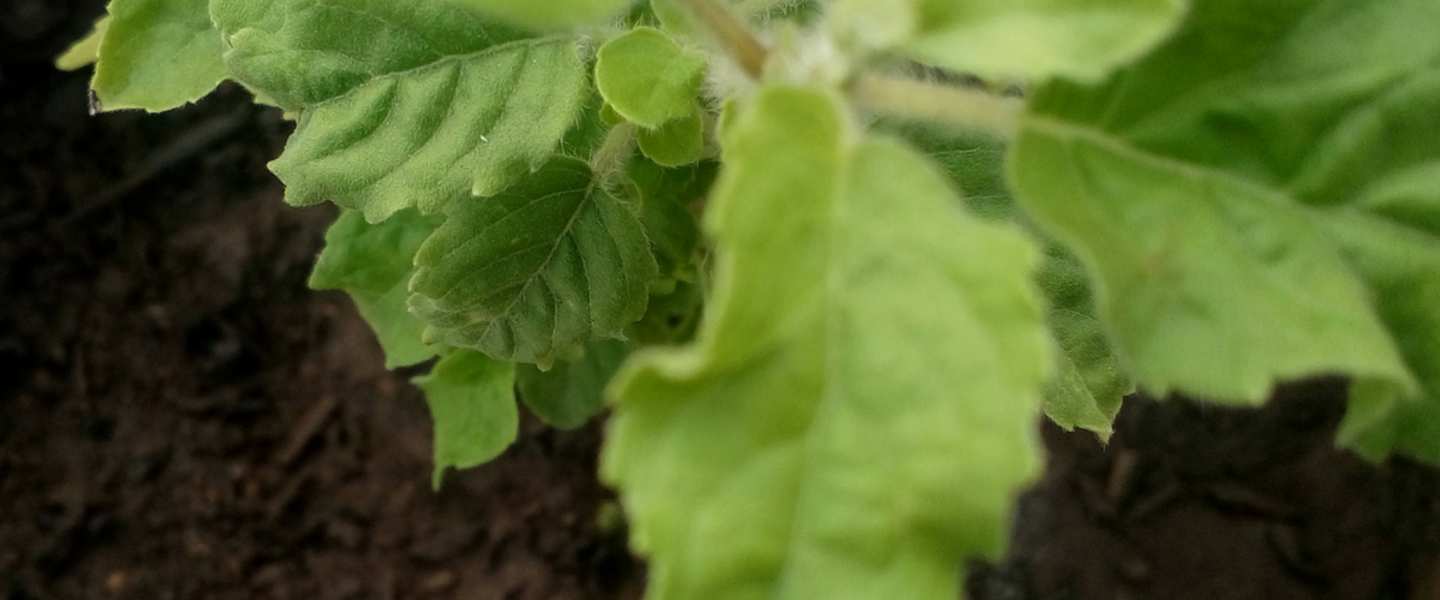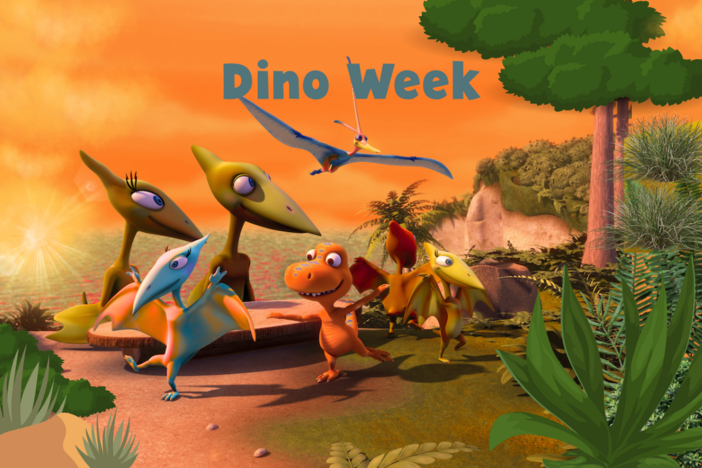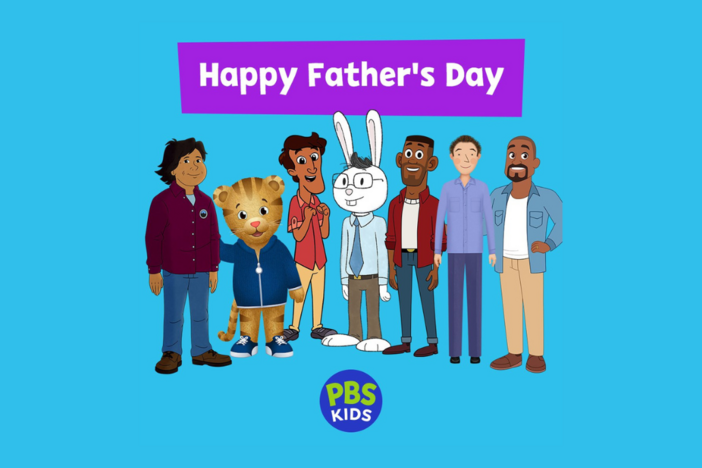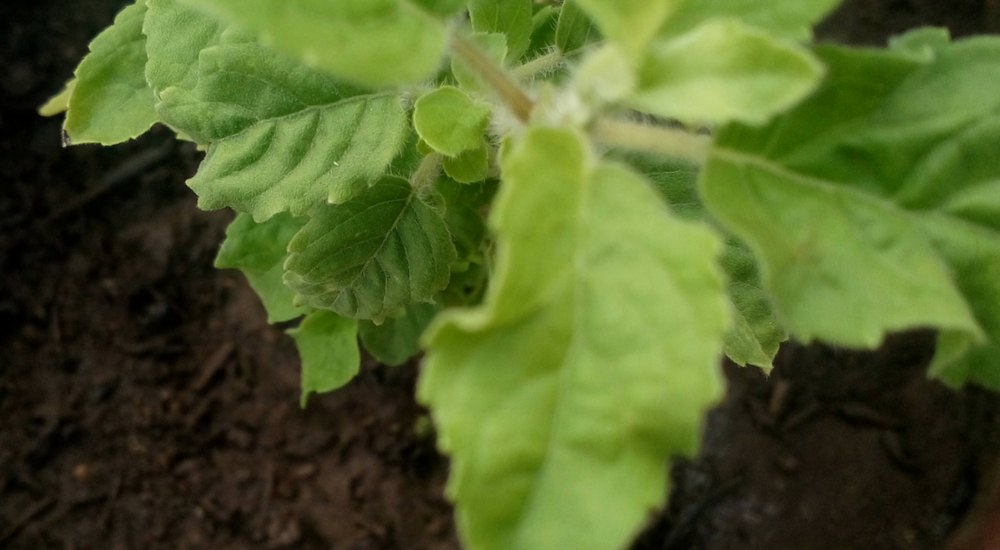
Section Branding
Header Content
Liberty Elementary's Growing STEM Program
Primary Content

I love that the Liberty County School System has provided so many engineering and technology resources for students within the county. These resources include a zSpace 3D STEM Lab and a one-to-one iPad initiative. Through additional funds, Liberty Elementary has established a LEGO Robotics Lab for our STEM Program. Such access to hands-on materials allows educators to bring STEM to life and facilitates student exploration and growth. In my classroom, I incorporate a variety of strategies such as project based, problem based, and real world learning in order to give the students the opportunity to work in groups and use technology. My ongoing Alternative Gardening project allows students to authentically use these strategies and, in the end, see real world results.
In the fall of 2016, the Liberty Elementary second grade STEM class received a Bright Ideas Grant from Coastal Electric Cooperative. This grant provided the resources needed to begin an Alternative Garden project. The primary goal of this ongoing project has been to help stimulate an interest in biology and chemistry, and to teach children how to grow a variety of plants using alternative methods.
Alternative gardening is a STEM project that combines aquaculture (fish farming) and hydroponics (soilless plant farming). Essentially, it is a small farm that uses fish wastewater as a resource, circulating it through hydroponic grow beds where plants take up its nutrients. The filtered water is then recycled back through the fish tanks. This project allows students to see sustainability in action first hand. Students witness how easy it is to grow nutritious food in a small, soilless way. Not only does this project teach students an environmental science concept, but it also provides an opportunity to learn a life lesson of growing nutritious food. Most students do not realize how easy it is to grow food for their families and this project exposes them to sustainable farming on a small scale.
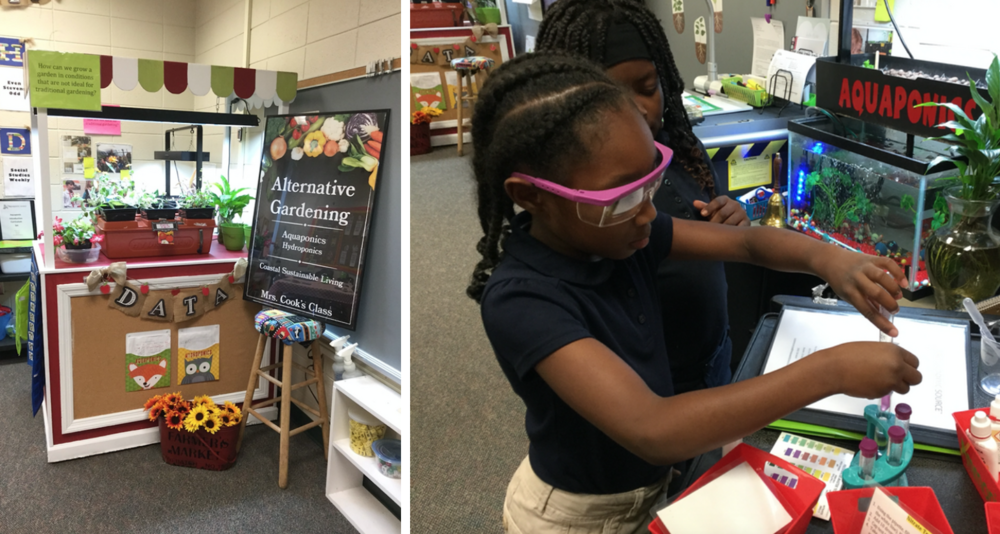
As of August 2017, we have partnered with the AquaSprouts company to help maintain our garden. Each week students conduct a water analysis test of pH, ammonia, nitrite, and nitrates. It is really a fulfilling experience to watch students collect the data and discuss the results. Using the AquaSprouts Support Tank, an online resource, students input the data collected from the Aquaponic aquarium system and receive an analysis of our aquarium water. After receiving the results, the students collaborate on changes that may need to be made such as a partial water change or reducing the pH level using a pH reducer.
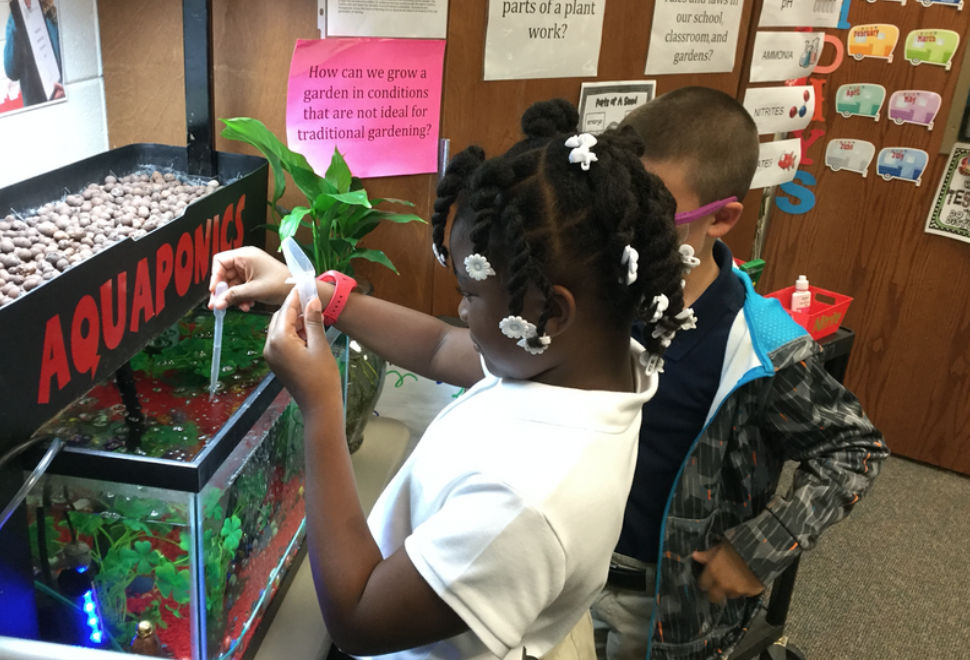
This project provides a foundation for lifelong learning with the intent to inspire healthy dietary habits and to teach the benefits of environmental sustainability. Alternative Gardening is the future of agriculture and our students are prepared to take part, thanks to their participation in STEM education, in this next generation of farming.
